I understand that the equality operator compares references to the strings. So, it will check to see if the strings refer to the same object and not if they are equal character by character.
As a first step in learning about search algorithms, I set up the following program where I have an array of names and then I check if a certain name appears in the array.
First Approach :
I declare and initialize the array of the names. And I ask the user to input a name to check if it appears in the array.
Here's the code I used -
import java.util.Scanner;
public class Strawman{
public static void main(String[] args){
System.out.println("Enter the name to search for:");
Scanner scanner = new Scanner(System.in);
String key = scanner.nextLine();
String[] names = {"alice", "bob", "carlos", "carol", "craig", "dave", "erin", "eve", "frank", "mallory", "oscar", "peggy", "trent", "walter", "wendy"};
for (int i = 0; i < names.length; i++){
if (key == names[i]) {
System.out.println("Index " + i + " has the name " + key);
}
}
}
}
One of the runs of this program is shown in the following screenshot -

As expected, because I'm using the == operator to compare strings, this fails to find the name "oscar" in the array, even though it appeared in the initial array. This output is as expected based on my understanding of how equality operators compares references of the strings.
But, I don't understand why the program seems to work if instead of asking for user input, I declare the name to search for as a string.
Second Approach:
The name "oscar" to search for has been declared as a string instead of asking for user input -
public class Strawman2{
public static void main(String[] args){
String[] names = {"alice", "bob", "carol", "craig", "carlos", "dave", "eve", "fred", "greg", "gregory", "oscar", "peter"};
String key = "oscar";
for (int i = 0; i < names.length; i++){
if (names[i] == key){
System.out.println("Index " + i + " has name " + key);
}
}
}
}
Now, if I run the program, the name "oscar" is found in the array -

Can someone explain the difference in the two cases?